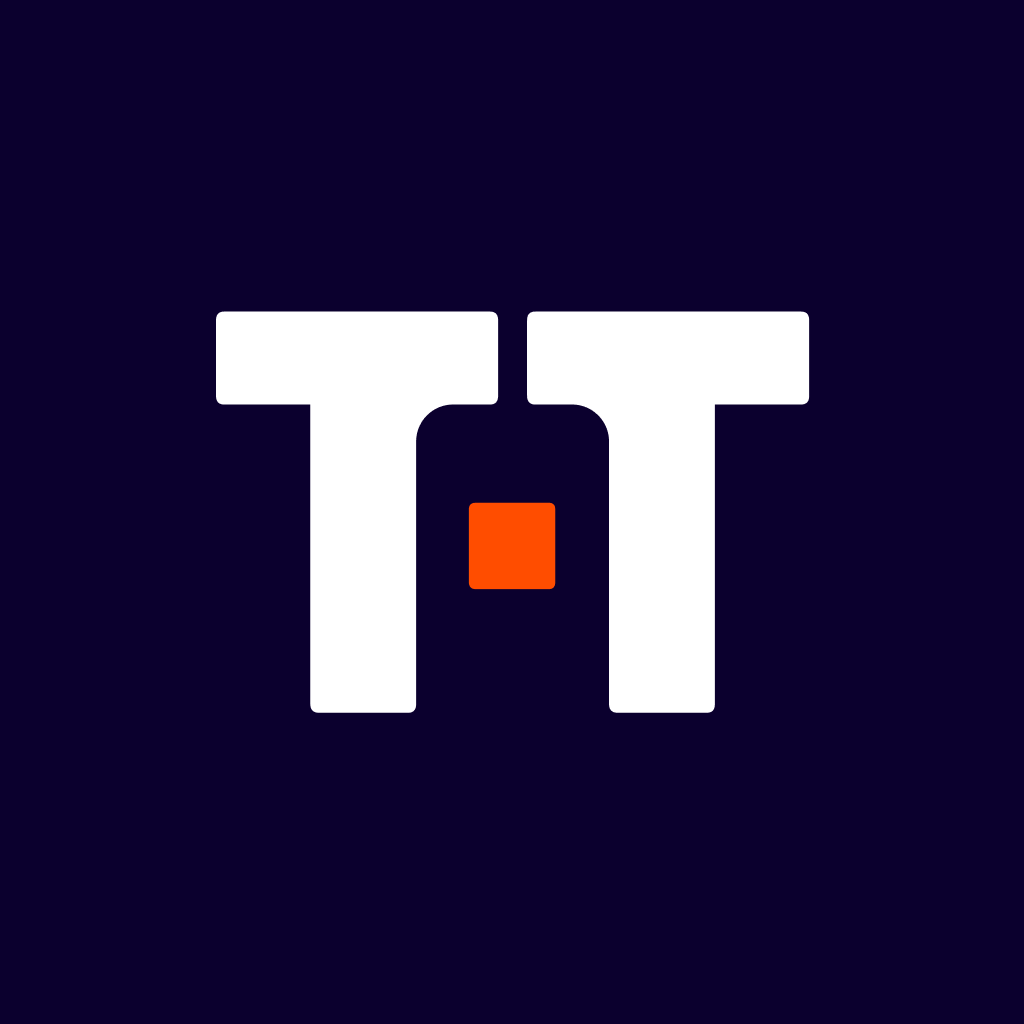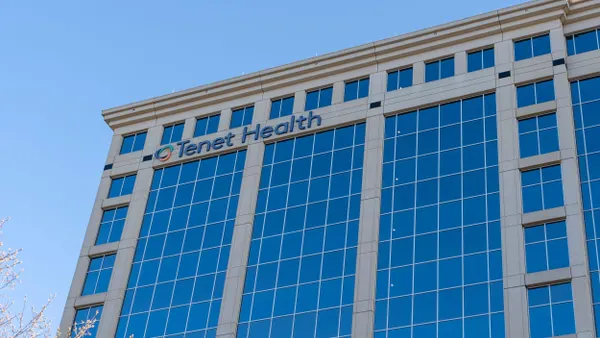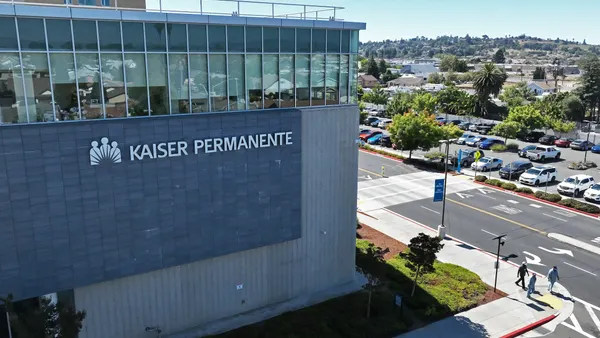Dive Brief:
- The House Energy & Commerce Committee held another 21st Century Cures roundtable on Tuesday to discuss how to bridge the gap between technological advances and regulatory policies governing them. The Cleveland Clinic, other healthcare organizations, tech firms and FDA participated. A major theme: advancing digital and personalized healthcare, and giving consumers control over information and a voice in their own care.
- A Cleveland Clinic executive talked about his health system's experience with the Open Notes program, which gives patients access to visit notes written by their physicians. Consumers drive the model, which allows them to take personal responsibility for their health, he said.
- The House panel had released a white paper June 17 on using technology to accelerate the process of getting promising new healthcare treatments and cures to patients.
Dive Insight:
The House panel wants to embrace new technologies. It says biomedical research and therapeutic innovation are happening at "lightning speed" amid advancements in digital and personalized medicine. "Genomics, data analytics, health information, and other constantly evolving data sources, technologies, and platforms have already fundamentally transformed many aspects" of the healthcare delivery system, the panel states, but "significant gaps remain between practice and potential."
The committee's overall aim is to improve patient care and its interests are broad: ranging from increased data sharing across electronic health records to better use of mobile medical applications and new communications technologies that allow patients to communicate in real-time with providers about therapies. It seeks to figure out how Congress can ensure that such innovation continues while mitigating risks — and how to regulate these technologies without stifling them.
The Premier alliance of 3,000-plus U.S. hospitals, said it supports the House panel’s efforts to facilitate open and interoperable healthcare information technology systems. The alliance asserts the most important step in creating effective healthcare IT is requiring the use of open Application Programming Interfaces (APIs) in data systems. “Until we have open APIs in healthcare, providers of care will feel locked into costly and inflexible data systems, causing frustration, limiting innovation and potentially undermining patient safety,” Premier stated.














